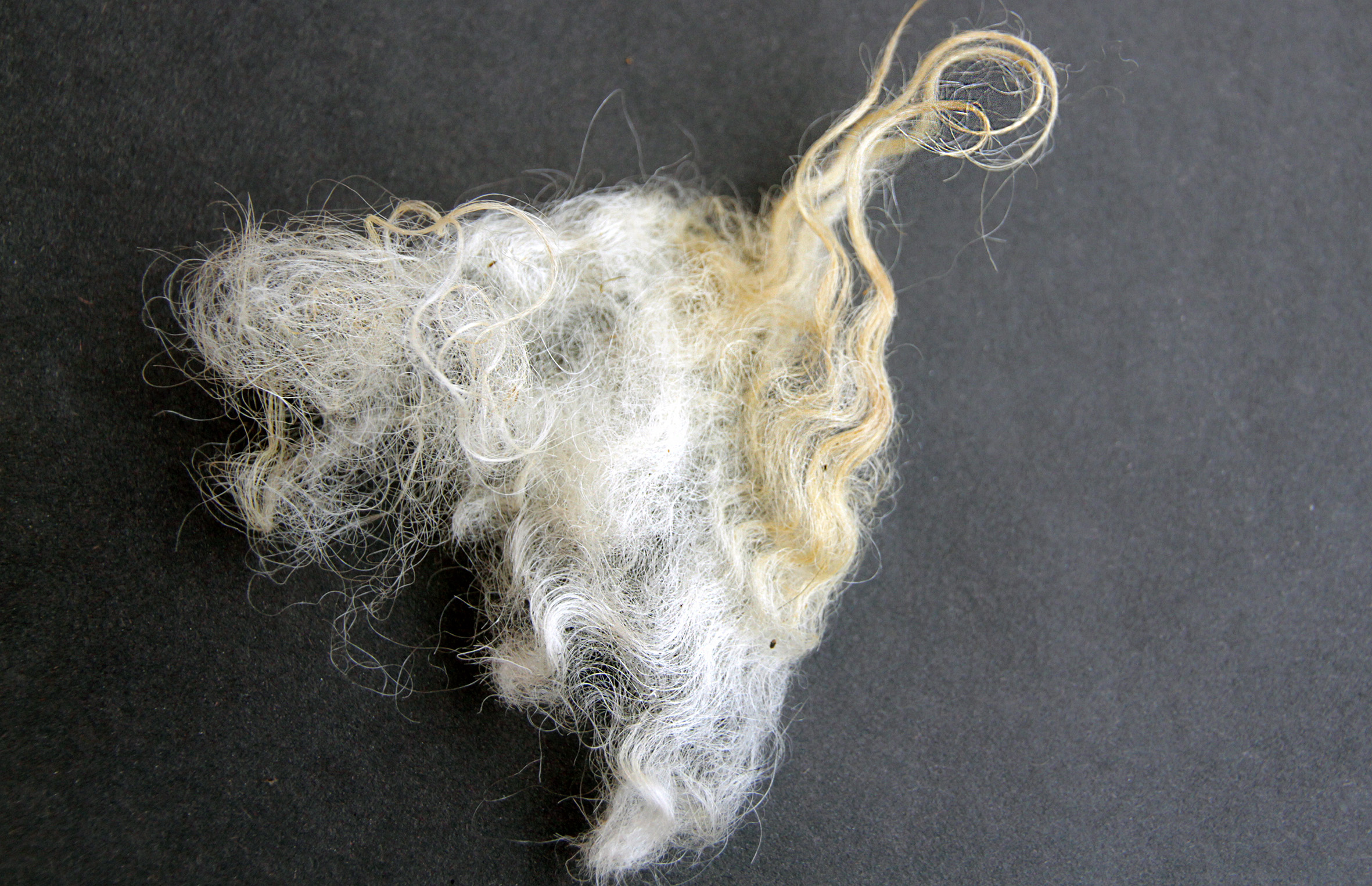
CORTISONE AS A WELFARE INDICATOR IN ANIMAL PRODUCTION

Livestock production systems and environmental conditions in general can cause stress in animals. Individual differences in physiological and behavioural responses can also result in varying susceptibility to stress and diseases. For example, different responses to stress caused by disease or predators on free-range grazing land could affect animal welfare and weight gain. Appropriate stress indicators could be used to assess how different farming and animal husbandry systems affect animal welfare. This would in turn contribute to developing sufficiently knowledge-based solutions that ensure good animal welfare.
The project will
Compare cortisone and cortisol measurements in wool samples with measurements of faecial cortisol metabolites under controlled conditions
Investigate the development of cortisone and cortisol contents in wool and corticosteroid contents in feathers under controlled and potentially stressful conditions
Examine if wool cortisone contents can be used as a welfare indicator for sheep, and if corticosterone contents in feathers can be used to assess animal welfare in poultry production systems


